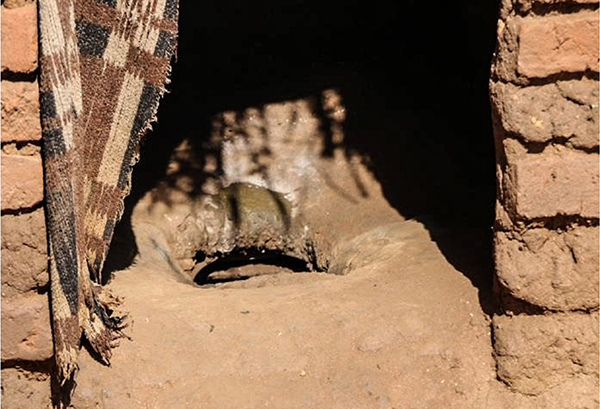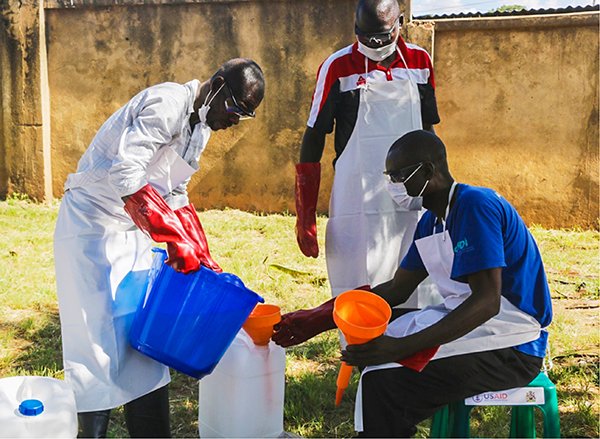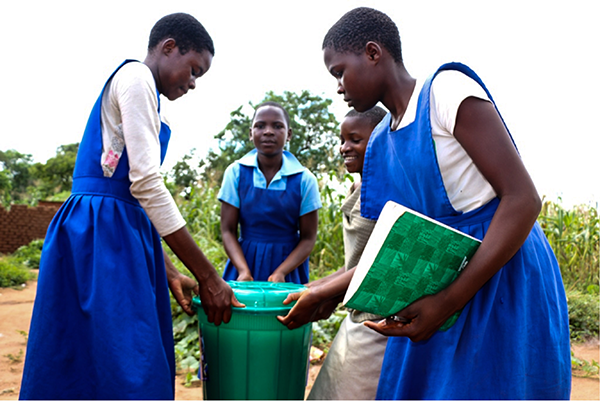Photo Essay: ONSE Health Activity Responds to Cholera Outbreak in Malawi
Photo Essay: ONSE Health Activity Responds to Cholera Outbreak in Malawi
![[A cholera patient recovers at a treatment center in Lilongwe District, Malawi.] {Photo Credit: Erik Schouten}](https://msh.org/wp-content/uploads/2018/03/cholera_treatment_817px.png)
As the globe marks World Water Day on March 22, the Organized Network of Services for Everyone’s Health (ONSE) Activity has been supporting the Government of Malawi in responding to a months-long cholera epidemic.
ONSE, funded by the United States Agency for International Development and led by Management Sciences for Health (MSH), works in Malawi to reduce maternal, newborn, and child morbidity and mortality by focusing on health system strengthening; family planning and reproductive health; maternal, newborn, and child health; malaria; and water, sanitation, and hygiene (WASH).
The first cases of cholera began appearing in Malawi in November 2017. As of March 20, a total of 827 cases had been reported in 13 of country’s 28 districts. Twenty-six deaths have been reported, according to the Epidemiology Unit of the Directorate of Preventive Health Services at the Ministry of Health. Cholera is an infectious bacterial disease that is often transmitted through poor hygiene and contaminated food and water.
ONSE has been providing expertise, supplies and logistics, carrying out training, and supporting management of specific cholera treatment centers in health care facilities. As part of its health system strengthening activities, ONSE has supported community outreach activities and provided cholera case management training to 2,895 health workers. ONSE partner VillageReach has provided cholera-prevention information through its Health Center by Phone hotline.
ONSE works in 8 of the 13 affected districts. With the multifaceted support of ONSE and other organizations, the outbreak has begun in weaken in Karonga District, where the country’s first cholera case was recorded last November.
Currently, the most active cases are in Lilongwe District where ONSE has been leading the response on several fronts. The following photo essay shows scenes from outbreak areas and details the response.










